Publications
Articles, publications, books, tools and multimedia features from the U.S. Institute of Peace provide the latest news, analysis, research findings, practitioner guides and reports, all related to the conflict zones and issues that are at the center of the Institute’s work to prevent and reduce violent conflict.
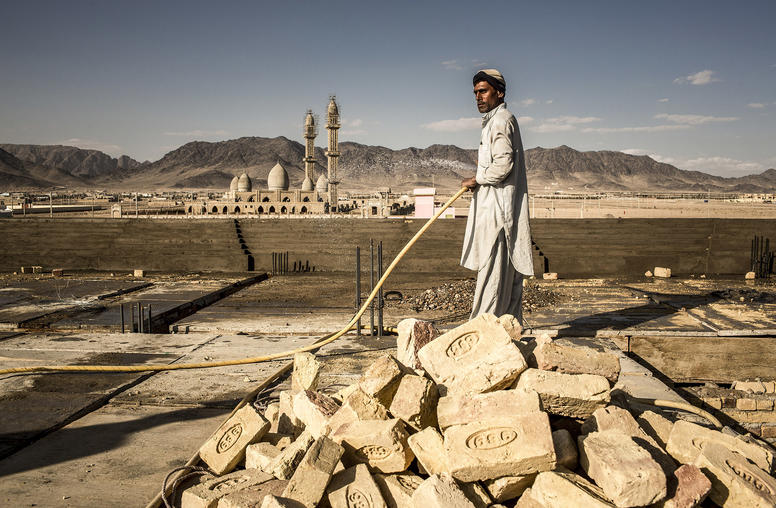
Pathways for Post-Peace Development in Afghanistan
Even if the warring parties in Afghanistan manage to secure a still-elusive agreement on resolving the current conflict, significant economic challenges remain for the country, which will require continued assistance and support for core government functions. This report, based on an examination of Afghanistan’s recent development performance, provides a framework for how the Afghan government and its donor partners can more effectively deliver equitable development going forward.
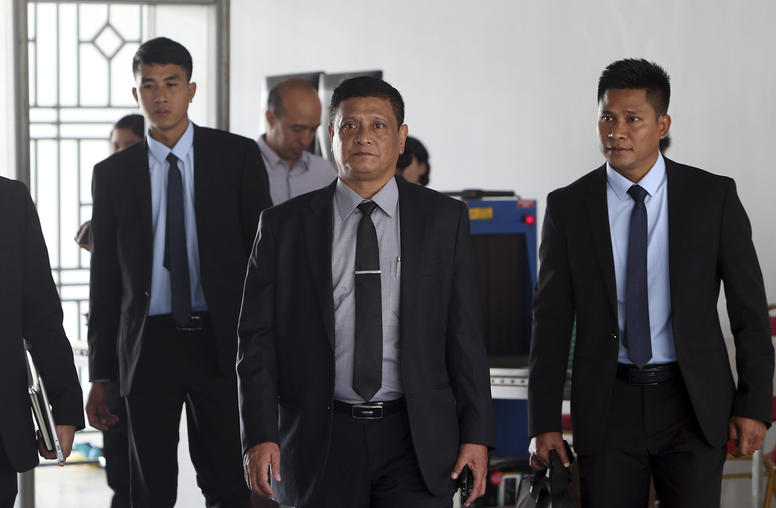
The Arakan Army in Myanmar: Deadly Conflict Rises in Rakhine State
Armed conflict in Myanmar’s Rakhine State between the Arakan Army and the Tatmadaw, the national army, has escalated sharply in the past two years. This development has been largely eclipsed, however, by the continuing international focus on the human rights crisis of the Rohingya Muslim minority. As this report explains, if this new conflict continues to expand in scope and ferocity, the hope of repatriating Rohingya refugees will recede into the future and the rest of the country will suffer from the increasing violence and destabilization.
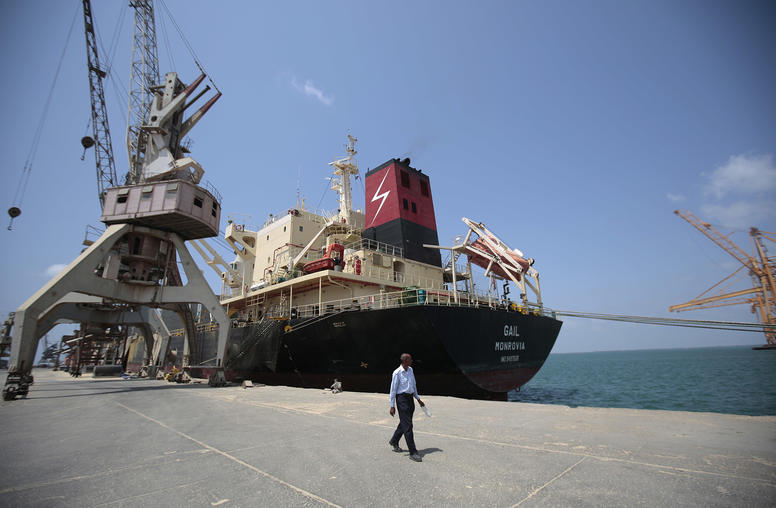
Final Report and Recommendations of the Senior Study Group on Peace and Security in the Red Sea Arena
Between May 2019 and September 2020, the United States Institute of Peace convened a bipartisan senior study group to consider the factors that have reshaped the Red Sea arena. The study group determined that, in recent years, the geopolitical and geo-economic dynamics of the Horn of Africa have become tied to the Middle East and broader Indian Ocean in a manner unprecedented in the last century. However, U.S. strategy in this evolving environment has struggled to keep pace with these interconnected, complex, and transregional dynamics and to account for the region’s increased relevance to U.S. interests. The final report of the senior study group defines U.S. interests within a hierarchy of priorities to assist policymakers in calibrating diplomatic, development, humanitarian, and security interventions and provides recommendations for defending and advancing these interests.

Could Algeria’s Referendum Lead to Democratic Progress or Uphold Status Quo?
Algerians took to the streets in February 2019 to protest the re-election bid of longtime authoritarian president Abdelaziz Bouteflika. Those protests—which came to be known as the Hirak movement and resulted in Bouteflika’s resignation in April of that year—evolved quickly to calls for a fundamental overhaul of the country’s political system. Few real changes have been made since. This Sunday, Algeria will hold a referendum on constitutional amendments to ostensibly bolster the country’s democracy. But, the Hirak says the constitutional changes do not go far enough. USIP’S Tom Hill looks at why the constitutional amendments have stirred tension with the opposition, the movement’s struggles to coalesce behind specific demands, and the role of Algeria’s military and floundering economy in the transition.

Kathleen Kuehnast on the 20th Anniversary of UN Resolution 1325
Two decades after the passage of the landmark resolution on women, peace and security, USIP’s Kathleen Kuehnast points to the 86 countries that have taken action to address the unique experience of women in conflict as proof of progress, but says that getting women more involved in peace processes is “a long game … it is difficult to find room for women at any table.”
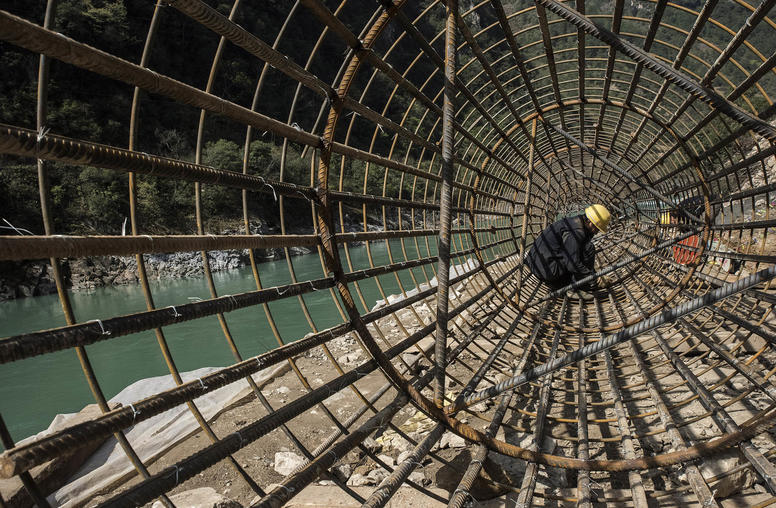
Is China Getting Serious About Crime on the ‘Belt and Road’?
As China’s leading foreign policy project, its Belt and Road Initiative (BRI) should be easy to understand. Yet since its inception in 2013, the BRI has remained remarkably opaque. The government publishes no criteria for approving BRI projects or comprehensive lists of authorized ones. Consequently, a range of Chinese investors—including some linked to organized crime—claim an association with the signature program of China’s leader, Xi Jinping. In host countries, this free-riding identification can threaten governance and stability, while further damaging the international community’s ability to check the spread of related criminal activity.
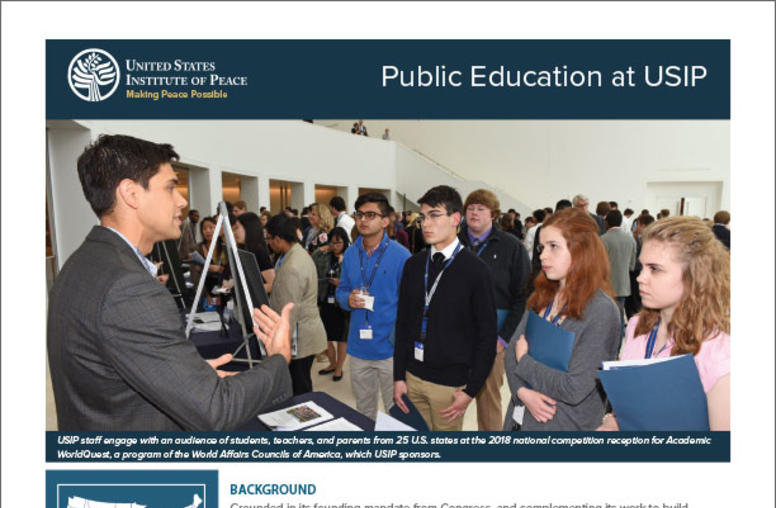
Public Education at USIP
Grounded in its founding mandate from Congress, and complementing its work to build peace internationally, the U.S. Institute of Peace (USIP) serves the American people directly, providing resources and ways to engage, and overall helping to exp and the American public’s understanding of the U.S. role in peacebuilding around the world.
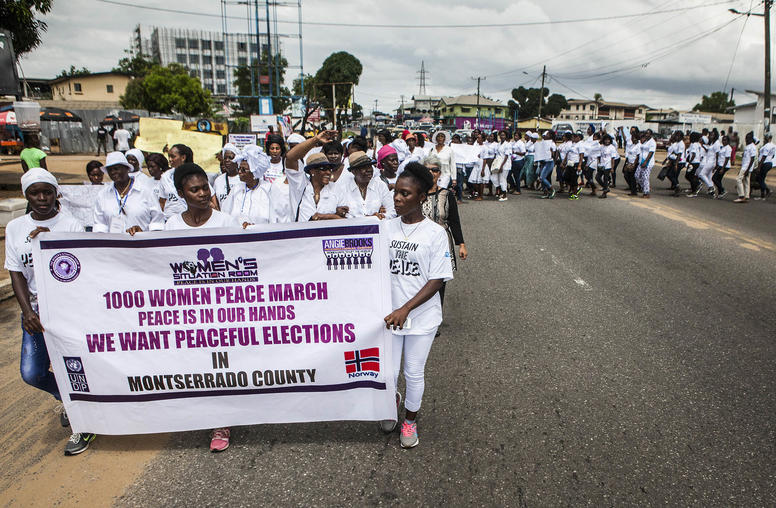
Twenty Years After Resolution 1325: Women Remain Undervalued in Peacebuilding
The COVID-19 pandemic, which has resulted in lockdowns that have led to a global surge in incidents of gender-based violence, has underscored the need for a much broader understanding of what defines security, according to Jacqueline O’Neill, Canada’s first ambassador for Women, Peace and Security (WPS).

Sarhang Hamasaeed on the Anniversary of Iraq’s Protests
A year after Iraqis took to the street, USIP’s Sarhang Hamasaeed says, “The spirits of the protest remain strong,” but that reforms undertaken so far don’t match the scale of the crises facing Iraq: “
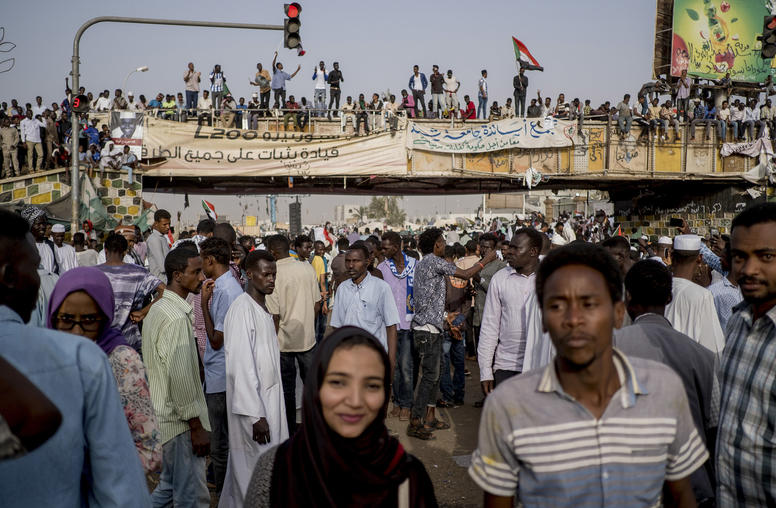
Africa is the next global influencer. That’s an opportunity.
In a COVID-altered landscape of global security threats, economic opportunities and strategic change, Africa is seizing center stage. Africans form the world’s fastest-growing population and national economies. Violent crises, democracy movements, extremist threats, international investments, human displacement and strategic opportunities all are rising. The coronavirus pandemic underscores both Africa’s risks to global stability from fragile states—and the overlooked potential of a continent now outperforming wealthier regions in containing the public health crisis. COVID is the latest reminder that “Africa’s deepening vulnerabilities and its rising capacities will shape global realities whether we prepare for that or not,” according to scholar Joseph Sany.